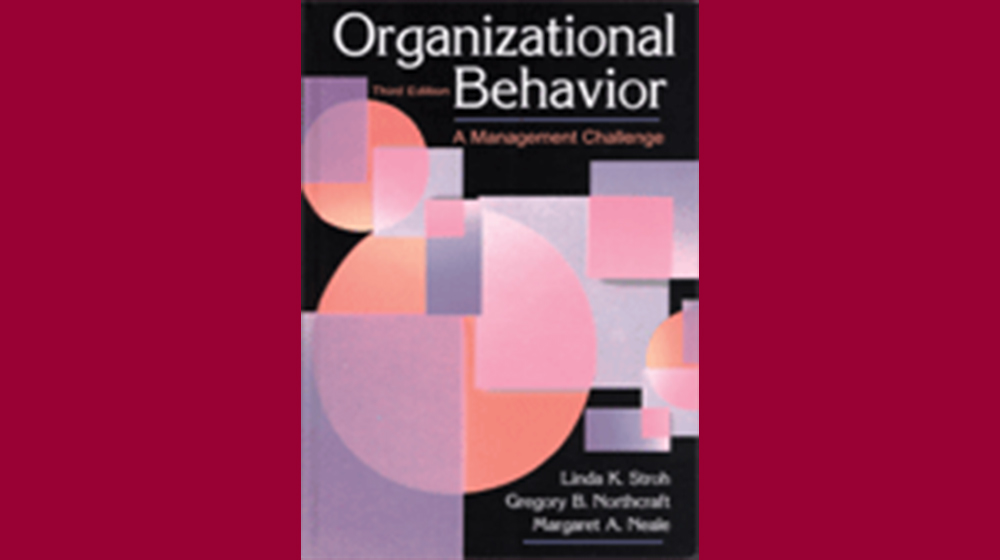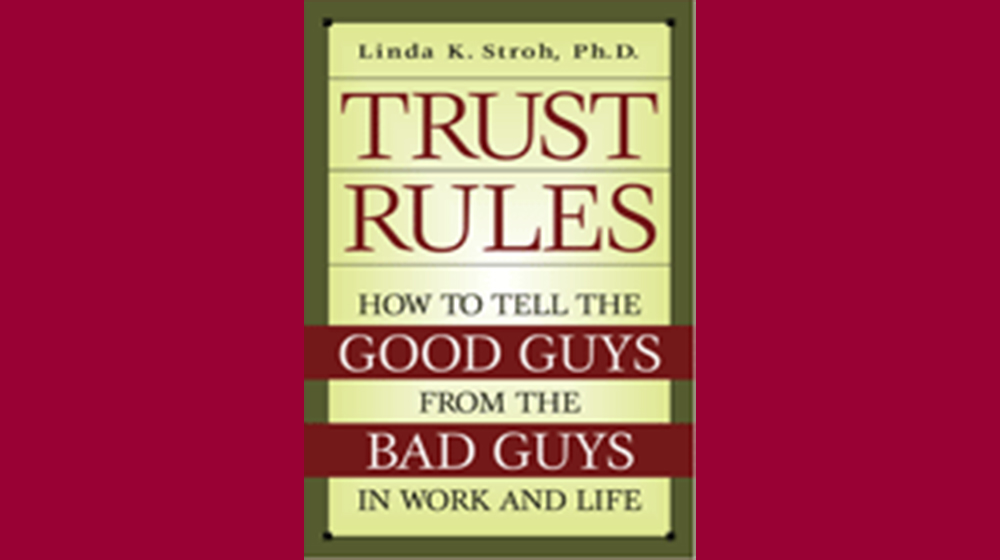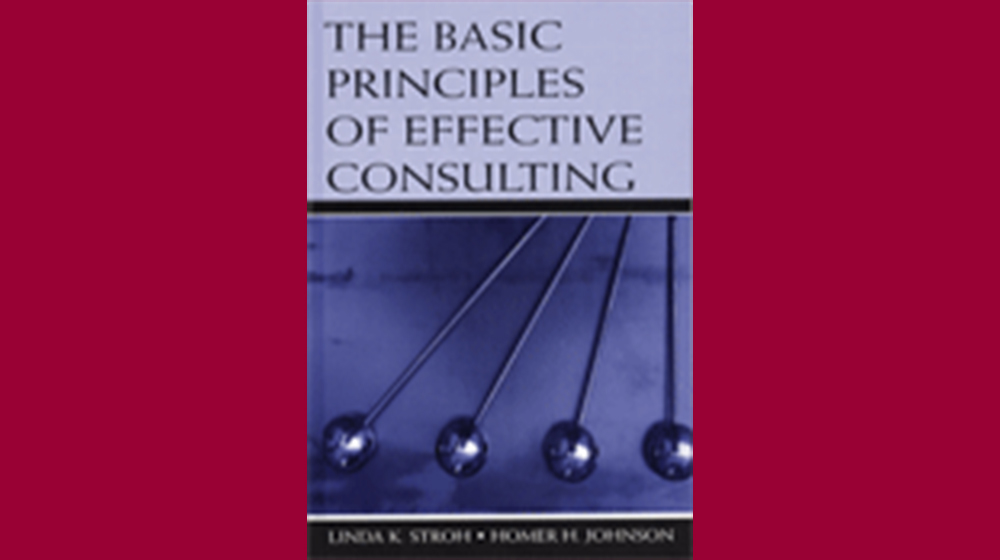Linda Stroh, PhD
Professor, School of Business
International Assignments: An Integration of Strategy, Research, and Practice
LEA, Inc,: 2004
(ISBN: 080585049X)
Synopsis:
This book covers every major aspect of international assignments. The book begins by defining the strategic roles that international assignments play in multinational organizations and discusses how these roles need to be adjusted, depending on the firm's particular stage of internationalization. The book explores the process of cross-cultural adjustment, critical for effectively working and living in foreign cultures. Strategic selection, training, development, appraising and repatriation are also discussed. The book provides pioneering insights into the dynamics of dual allegiance (to the parent firm and the local foreign operation) that occur among international managers and discusses how firms can foster dual citizens or employees with dual allegiance to both their home-country operation and local unit. Compensation costs of maintaining employees who work abroad are another feature of the book. Finally, the book summarizes and integrates critical elements of the international assignment cycle. The book describes firms that represent some of the best practices in selection, training, appraisal, compensation, repatriation, as well as security issues companies must address. Successful global HR managers provide real live case studies in the “on the front line� sections of the book.

Organizational Behavior: A Management Challenge Third Edition
LEA, Inc,: 2001
(ISBN: 805838295)
Synopsis:
This book is an Organizational Behavior textbook designed for MBA students, however, senior level undergraduates would also benefit from its use. The book links research in organizational behavior with organizational life. The book covers topics such as perceptions, attitudes, learning & motivation, decision-making, conflict in organizations, groups and teams, power and politics in organizations, leadership, organizational entry and socialization, job design, organizational structure and managing change. The book focuses on the most profound changes in the 21st century, globalization and technological advances. These advances are inter-woven throughout the textbook using both formal and informal examples. A special highlight of the book is the research in action boxes written by successful business people that are placed throughout each chapter.

Trust Rules: How to Tell the Good Guys from the Bad Guys in Work and Life
Praeger/Greenwood Press: August 2007
(ISBN: 978-0-275-99864-6)
Synopsis:
This book examines how we know who we can and can't trust to include in our inner circle of confidants at work and in our personal lives? To find out how to tell the "good guys" from the "bad guys," Stroh interviewed hundreds of people. The result is a thorough and invaluable compendium of lively stories, lessons learned in the trenches, and practical tools and principles. Readers will learn how to identify the trustworthy at work and in their personal lives—giving their careers a boost and helping them sleep better at night. That's because having trustworthy people around us makes organizational and personal life much easier and less stressful. Yet, since ancient times, people have pondered the issue of trust. How do we decide who to let into our inner circle? To what degree do trusting relationships impact our performance at work? What are the consequences of misplaced trust? Must trust be unconditional? Taking these questions out of the realm of the philosophers, Professor Stroh draws from her extensive research to highlight common themes and the hard-won lessons learned from experience. She then distills their thoughts and experiences into practical tools and techniques for assessing trustworthiness--including your own—and applying these tools in a variety of situations. Integrating insights from management, practical experience and psychology, Dr. Stroh shows readers how to pay attention to red flags in relationships and ultimately develop a network of trustworthy people that will help them succeed in business and beyond.

The Basic Principles of Effective Consulting
Lawrence Erlbaum Associates: 2005
(ISBN: 805854207)
Synopsis:
This book is written for novice consultants, project managers, staff advisors, and anyone who wants to learn (or be reminded of) the basic principles of effective consulting. The book is an introduction to consulting and provides a step-by-step process that nearly anyone can learn. We provide numerous examples of real life cases. We tell our reader exactly what to say in the entry interview, how to write a proposal and a contract, how to do a diagnosis, etc, and provide many examples of how consultants handled difficult situations. We have also added a set of key success factors at the end of each chapter. These success factors can be used in multiple ways—as a checklist to validate that you have covered the important steps; as a textbook in the classroom; or in your company as guidelines for important topic-relevant discussions/dialogue. If using the book in the classroom, the success factors could also be turned into student projects. An important feature of the book are the expert boxes written by successful consultants and users of consultants' services that are placed at the end of each chapter.
